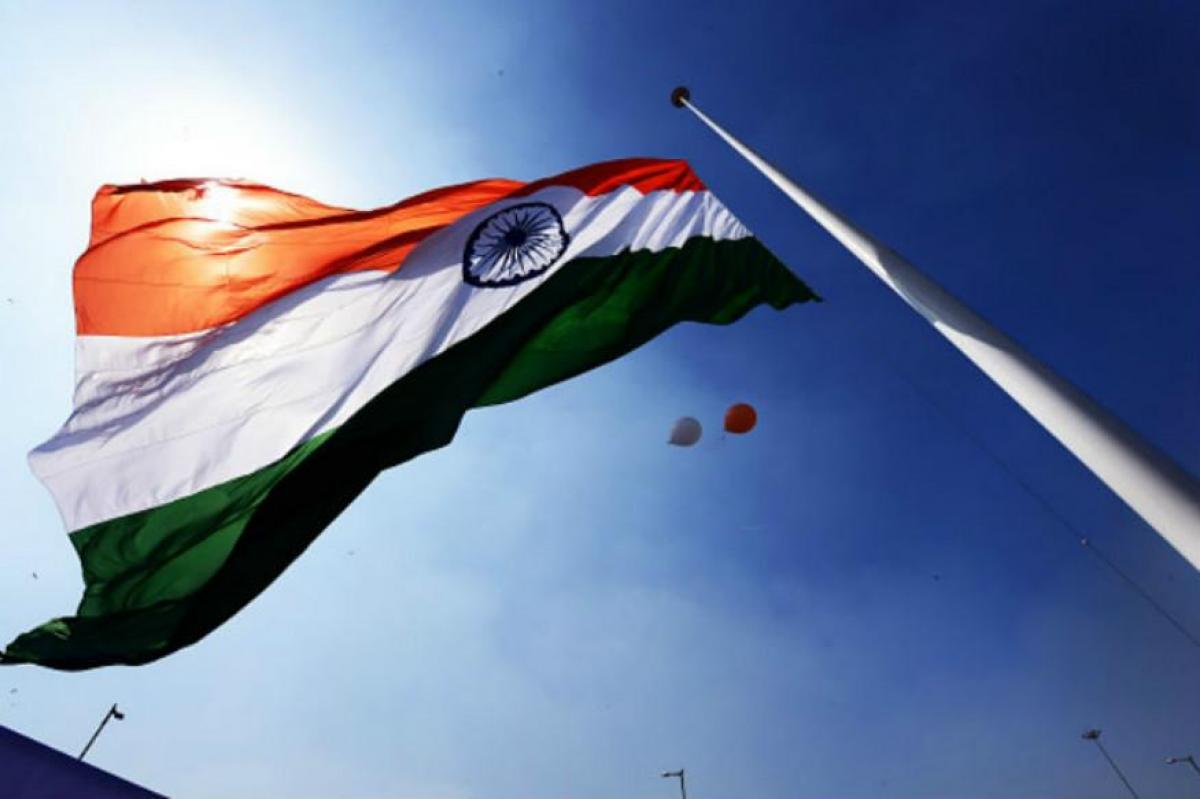Live
- Head Constable Dies by Suicide, Cites harssament by wife and inlaws
- Delhi BJP claims AAP govt will never pay women allowance like in Punjab
- India is 'Mother of Democracy': PM Modi
- ‘One nation, one election’ will undermine India’s federal structure: Mehbooba Mufti
- ‘Bachhala Malli’ trailer heightens anticipation
- Karnataka quota row: Backward Class forum chief warns Lingayat seer over 'tinkering with reservations'
- Tight security arrangements at Group-II examination centers District SP
- Alia Bhatt captures attention in white
- Varun Dhawan talks about ‘Baby John’
- ‘Moonwalk’ trailer promises a quirky heist, love, and loyalty
Just In

Restrictions on foreign-funded NGOs and religious freedom along with corruption and police and security force abuses are among the most significant human rights problems in India, according to a US report.
Washington: Restrictions on foreign-funded NGOs and religious freedom along with corruption and police and security force abuses are among the most significant human rights problems in India, according to a US report.
The State Department 2016 Country Reports on Human Rights Practices - the first under the Trump Administration – said other human rights problems in India in the year 2016 included disappearances, hazardous prison condition and delay in justice due to court backlogs.
"The most significant human rights problems involved instances of police and security force abuses, including extrajudicial killings, torture, and rape; corruption, which remained widespread and contributed to ineffective responses to crimes, including those against women, children, and members of Scheduled Castes (SCs) or Scheduled Tribes (STs); and societal violence based on gender, religious affiliation, and caste or tribe," said the report released Friday.
"Other human rights problems included disappearances, hazardous prison conditions, arbitrary arrest and detention, and lengthy pretrial detention. Court backlogs delayed or denied justice, including through lengthy pretrial detention and denial of due process," said the report which will be submitted to the Congress.
"The government placed restrictions on foreign funding of nongovernmental organisations (NGOs), including some whose views the government believed were not in the 'national or public interest,' curtailing the work of civil society," said the India section of the report.
Observing that there were instances of infringement of privacy rights, the report said that the law in six states restricted religious conversion, and there were reports of arrests but no reports of convictions under those laws.
The report alleged some limits on the freedom of movement continued. Rape, domestic violence, dowry-related deaths, honour killings, sexual harassment, and discrimination against women and girls remained serious societal problems, it said.
Child abuse, female genital mutilation and cutting, and forced and early marriage were problems. Trafficking in persons, including widespread bonded and forced labour of children and adults, and sex trafficking of children and adults for prostitution, were serious problems, it added.
Societal discrimination against persons with disabilities and indigenous persons continued, as did discrimination and violence based on gender identity, sexual orientation, and persons with HIV, the State Department said in its report.
"A lack of accountability for misconduct at all levels of government persisted, contributing to widespread impunity.
Investigations and prosecutions of individual cases took place, but lax enforcement, a shortage of trained police officers, and an overburdened and under resourced court system contributed to infrequent convictions," the report said.
"Separatist insurgents and terrorists in Jammu and Kashmir, the northeastern states, and the Maoist belt committed serious abuses, including killings of armed forces personnel, police, government officials, and civilians," it added.

© 2024 Hyderabad Media House Limited/The Hans India. All rights reserved. Powered by hocalwire.com







